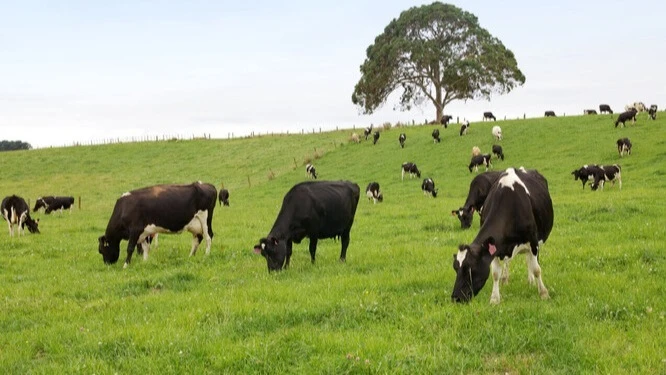Voluntary responsible grazing will make little difference if…

IT is hard to say what sections of members of the public routinely listen to speeches or remarks by senior government officials at various public forums.Many of those doing so would likely get the message, with how far they would eventually make use of it much depending on how whatever what was said blends with what they are already doing – or it provides some opportunity. If neither is the case, it is soon disregarded or forgotten.
That is why the recent appeal by cabinet minister that livestock keepers need to adhere to responsible grazing and discourage harmful practices stands little chance of being taken in stride. The minister pointed out to those attending World Environment Day celebrations that sustainable livestock keeping starts with protecting the environment. Definitely.
It was also said that the government has introduced certified pasture seeds, seeking out livestock keepers to set up regular forage plots on which to feed their cattle in a seasonal or routine manner. One problem here is that policy advisory teams always put the cart before the horse, placing grass before a cow without tying the cow first.
Obviously, without being tied or at least living within an enclosure, the cow will use its own intuition as to what to eat and where. Thus, livestock sector modernisation begins with resettling both herders and their livestock.
Explaining that these measures are meant to curb environmental degradation tied with nomadic grazing to ensure long-term productivity in the sector is the equivalent of addressing the converted, while those who need the lessons are unlikely to be paying attention.
That is why policy advice ought to move a step or two higher and stop using the usual aid-seeking methods of project description, where its benefits to the converted are clear and donors then presume that the target population will understand.
There was something of the sort in a related appeal on the use of plastic bags, where the minister used the same notion of environmental responsibility, underlining the need for the public to stop using such bags on account of their devastating impact on health, livestock and ecosystems.
Yes, but when people go to a corner shop they mind the change they have and don’t wish to buy bags. The shopkeeper then fights to find substitutes, and often the plastic element is still high. The issue here is enforcing bans already approved, not appealing on use habits.
The public is relatively clear on the government’s position that there are huge risks posed by discarded plastic bags, polluting rivers, lakes and high seas, posing a grave threat to fish and their breeding habitats.
It has been made intensely clear that, once ingested, plastics often kill marine life and present risks to livestock that graze in contaminated areas. When this is now being repeated, it means that enforcement is lax.
In the circumstances, mere appeals for changes in habits or behaviour will make little difference. We need to see sensitisation running alongside more concrete remedial or corrective action.
Top Headlines
© 2025 IPPMEDIA.COM. ALL RIGHTS RESERVED

















